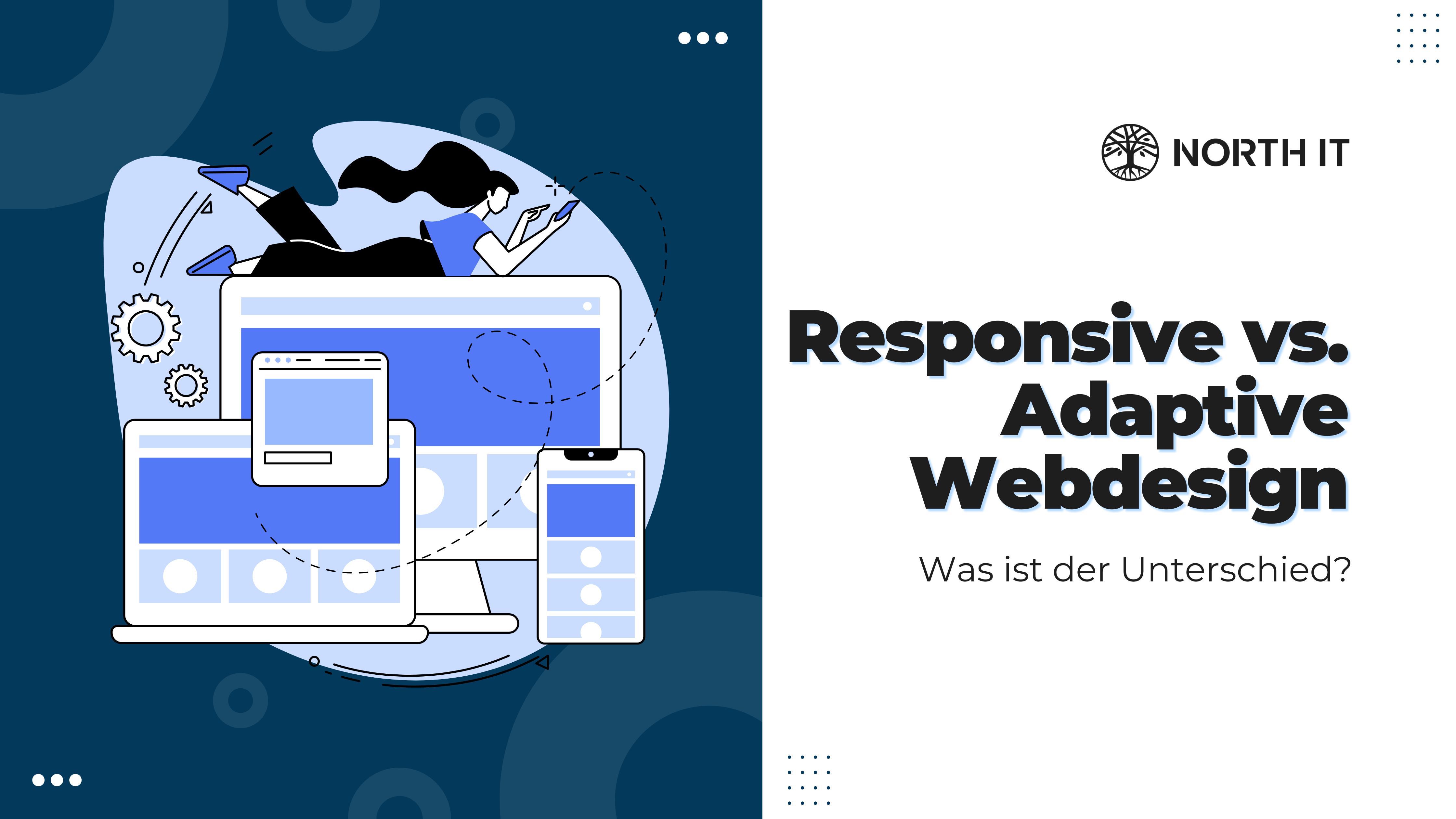Scrum is an agile project management framework that focuses primarily, but not exclusively, on software development. Since its introduction in the early 1990s, Scrum has established itself as one of the most popular agile project management methodologies. It is an iterative and incremental framework that places great emphasis on collaboration and adaptability.
At its core, Scrum is based on the idea that unforeseen challenges can arise during a project and that a team should be able to respond flexibly and creatively to those challenges. The Scrum framework is divided into different roles, events, and artifacts, all of which are used to facilitate communication within the team and structure the course of the project.
The roles in Scrum include the Product Owner, the Development Team, and the Scrum Master. The Product Owner is responsible for maximizing the value of the product and the work of the development team. He is the only person who decides which features should be developed in the product queue or "product backlog". The development team consists of professionals who do the work to keep the product in a potentially shippable state. The Scrum Master, on the other hand, is responsible for ensuring that the team correctly adheres to Scrum principles and practices.
Scrum also defines several events or "ceremonies," including sprint planning, daily scrum meetings, sprint reviews, and sprint retrospectives. Each of these terms refers to specific meetings that occur during a Scrum project.
The artifacts in Scrum are the Product Backlog, the Sprint Backlog, and the Increment. These artifacts help organize the work and provide transparency for all stakeholders.
The Product Backlog is a prioritized list of features or requirements for the product that still need to be developed. The Sprint Backlog is the list of tasks that the team will complete during the current sprint. The Increment is the sum of all Product Backlog items completed during a Sprint.
Scrum has had a significant impact on the world of project management and is used by companies and organizations worldwide. It promotes a culture of collaboration and continuous learning, enabling teams to respond effectively to change and deliver high-quality products.
North IT Group GmbH has successfully integrated Scrum into its workflows and uses this agile framework to effectively manage its software development projects.
At North IT Group GmbH, the application of Scrum begins with the identification and clarification of project requirements. These requirements are then entered into the Product Backlog, which is managed by the Product Owner. The Product Owner at North IT Group GmbH is always someone who has a good understanding of the product and the needs of the customer. He is responsible for prioritizing the requirements and managing the work of the development team.
The development teams at North IT Group GmbH are self-organized and multifunctional. They consist of professionals with different skill sets who work together to meet product requirements. These teams work in sprints that usually last one to four weeks.
Before the start of each sprint, the team holds a sprint planning meeting. During this meeting, the team selects the tasks from the product backlog that they will work on during the next sprint. These tasks form the Sprint Backlog.
During the Sprint, the team meets daily for a short meeting called the Daily Scrum. At these meetings, the team discusses progress and plans the next day's work. The Scrum Master at North IT Group GmbH plays an important role in conducting these meetings and ensures that the team follows the Scrum principles.
At the end of each sprint, the team conducts a sprint review to present the work completed during the sprint and gather feedback. This is followed by a sprint retrospective, where the team analyzes its performance and identifies opportunities for improvement.
North IT Group GmbH has found that using Scrum has improved its efficiency and productivity. The iterative nature of Scrum allows the team to respond flexibly to change and ensure that the delivered product meets the customer's requirements. In addition, Scrum promotes an open and collaborative work culture that contributes to the satisfaction and motivation of team members.
Image source: North IT Group



